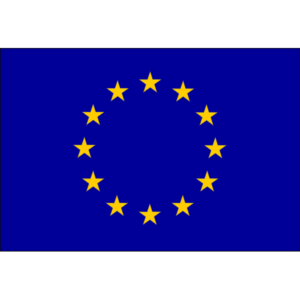Fidelity European Trust plc (LON:FEV) is a £1.5bn FTSE 250 investment trust providing investors with a core European equity strategy. FEV’s managers have generated superior performance on a consistent basis over many years, and under Sam Morse’s tenure, beginning at the start of 2011, the NAV total return is c. 305 %, compared to the benchmark’s c. 164%. This has contributed to FEV winning a Kepler Growth Rating for 2024. As well as generating strong performance, FEV scores well in our analysis of factors such as risk and downside protection, which are shown in the Performance section. FEV has a relatively concentrated portfolio of stocks, in the range of 40–50, and the team is primarily concerned with stock picking over making sector bets, with historical analysis showing that the bulk of returns come from individual stocks.
While the trust is not an equity income trust, the team’s strategy places value on companies that pay growing and sustainable dividends, which means that FEV does produce a dividend somewhat higher than the average for its peer group and has a current yield of 2.2%. FEV has increased its dividend every year for the last 13 years, which coincides with Sam’s tenure as manager.


